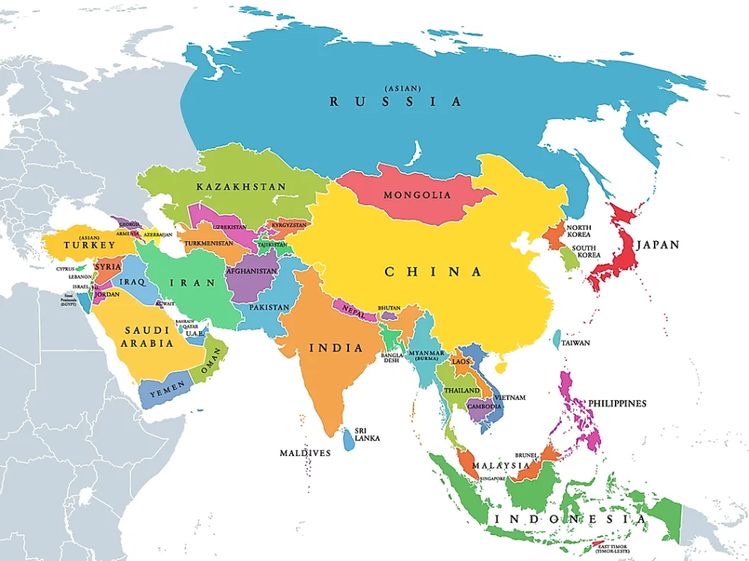The Critical Issue With Orientalism
January 26, 2023
Orientalism is defined by Merriam-Webster as “scholarship, learning, or study in Asian subjects or languages, now often used with negative connotations of a colonialist bias underlying and reinforced by such scholarship “. In other words, it is the western view of the eastern world. Orientalism appeared as a scholarly practice in the late 18th century as Europeans and their colonies started to desire the study of language, literature, religion, government, and the arts of Asian society but also control over these things. The appearance of Orientalism led to dehumanization, racism, and stereotyping that appears in western society to this day.
Within recent history, orientalism has had a major effect on media representation of Asia and the middle east. One of these critical issues is the homogenization of large groups of people. The classic Disney film Aladdin, for example, generalizes large portions of the middle east. The original source material for Aladdin was the middle eastern folk story collection Thousand and One Nights, thought to have first originated in India, before traveling to Persia and Asia Minor then in the 15th century, being translated were written in Arabic. The major change within Aladdin happened only later when in 1992 Disney animated the Middle Eastern tale. Although Aladdin is set in the fictional kingdom of Agrabah it was heavily based on real places in the middle east, also within the Disney film they generalize large parts of Islamic, Middle Eastern, and Asian cultural identities. Disney in the more recent live-action remake edited and change their past generalization of people, by changing their portrayals that were deemed racist or homogenized. One of these edited parts was the opening line from the 1992 film, which described the kingdom, “Where they cut off your ear if they don’t like your face, it’s barbaric, but hey, its home,” which described the cultural background of these people as barbaric and uncivilized. Disney since in the 2019 remake removed these parts after it was deemed a racist depiction of the Middle East and Asia. Disney’s portrayal of Asian and Middle Eastern culture is a modern example of the effects of orientalism and its effects.
The term orientalism refers to the rising of the sun in the east, it is thought of as the stereotyping of the east, portrayed as inferior, uncivilized, and odd. The west or Europe, however, was superior, civilized, and prosperous. Creating the authorization and assertion of western power over the east. Orientalism creates an exaggerated and distorted version of the people found in Eastern societies as exotic or oppressed. In recent years these groups have used orientalism as the term to describe the racism they’ve experienced, putting into words how their culture, religion, and ethnicities are stereotyped or playoff as exotic, leading to their cultures being misunderstood or shamed. Orientalism still holds a large amount of power similar to how it was within the 18th and 19th centuries, ingrained in both how the west sees the east and how the east often sees itself. This issue contains not ignorance or lack of knowledge but is fueled by political, religious, and media power, this further divides and controls how others see each other. Orientalism is a social issue derived from the west that stereotypes billions of people further racial problems and dehumanizes large portions of the world.


